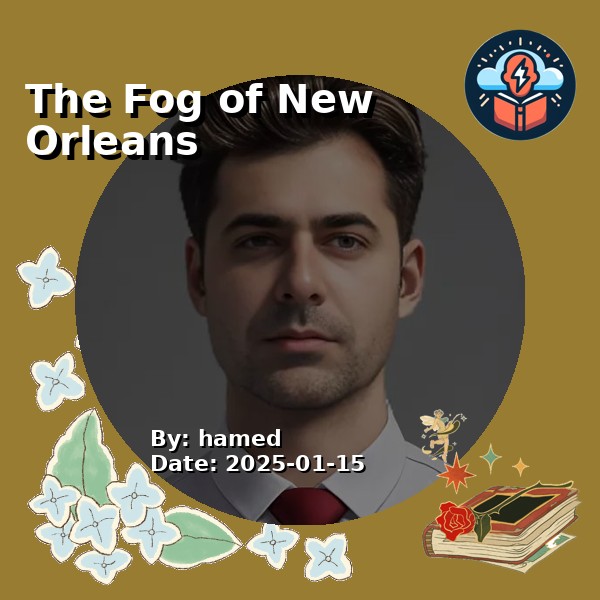The air hung thick with the smell of wet earth and gunpowder as Private Samuel Hayes knelt in the mud, his musket trembling in his hands. Dawn was still a suggestion on the horizon, its faint light blurring the silhouettes of General Jackson’s earthworks and the dark mass of British soldiers gathering across the field.
“Hold steady,” the sergeant hissed, pacing behind the line. “Wait for the order.”
Samuel’s breath clouded in the cold air, though sweat trickled down his spine beneath his wool coat. His fingers, stiff from the chill, fumbled over the musket’s barrel. He’d practiced loading it a hundred times, but this morning, his hands felt foreign, like they belonged to someone else.
He thought of his farm back in Kentucky—of the cornfields stretching to the horizon, of Mary’s hands brushing flour from her apron as she baked. He’d left all of it behind, chasing a dream of honor and adventure. But now, with the enemy’s drums echoing across the field, he didn’t feel like a hero. He felt like a boy pretending to be a man.
The British moved closer, their red coats like streaks of blood against the gray morning mist. Samuel could hear their boots squelching in the mud, the faint clink of bayonets as they advanced.
“Fix bayonets!” the sergeant barked.
Samuel’s hands moved on instinct, his body knowing what his mind refused to accept: soon, this would no longer be a standoff. It would be chaos.
A cannon roared behind him, shaking the ground, and the first British ranks fell in a spray of dirt and bodies. Then came the musket fire, sharp and sporadic at first, building into a deafening storm. The smell of sulfur stung Samuel’s nostrils as he aimed, fired, and reloaded with mechanical precision.
But the British kept coming.
Through the smoke, Samuel saw them stumble over fallen comrades, their faces set in grim determination. Some carried ladders, ready to scale the earthworks. Others clutched muskets, their bayonets gleaming like teeth.
A young British soldier locked eyes with him for a fleeting second. He couldn’t have been more than sixteen. His face was pale, his uniform too large, and for a moment, Samuel saw himself reflected in the boy’s wide, terrified gaze.
Then the boy fell, clutching his chest as blood bloomed across his coat. Samuel didn’t remember firing.
Time blurred. Shouts and screams mingled with the unrelenting crack of muskets and the thunder of cannons. Samuel fought like a man possessed, his fear drowned by adrenaline. The British came in wave after wave, but Jackson’s defenses held.
When the smoke finally cleared, the battlefield was a sea of bodies. The British retreat was chaotic, their red coats disappearing into the haze as survivors fled.
Samuel collapsed against the earthworks, his body shaking. He looked down at his hands, streaked with blood and grime, and wondered if he would ever feel clean again.
The sergeant clapped him on the shoulder. “You did good, Hayes. We won.”
Samuel nodded, but the words felt hollow. Victory had a cost, and it lay strewn across the muddy fields of New Orleans. As he watched the sun rise over the battlefield, Samuel wasn’t sure if he’d won anything at all—or if he’d lost more than he could ever get back.
